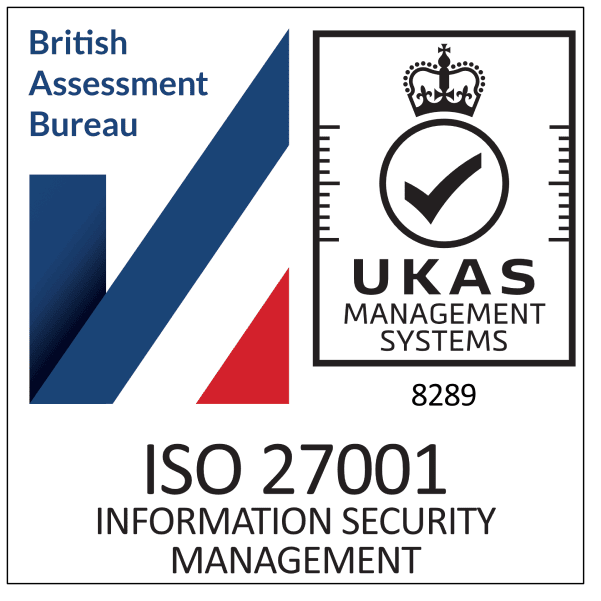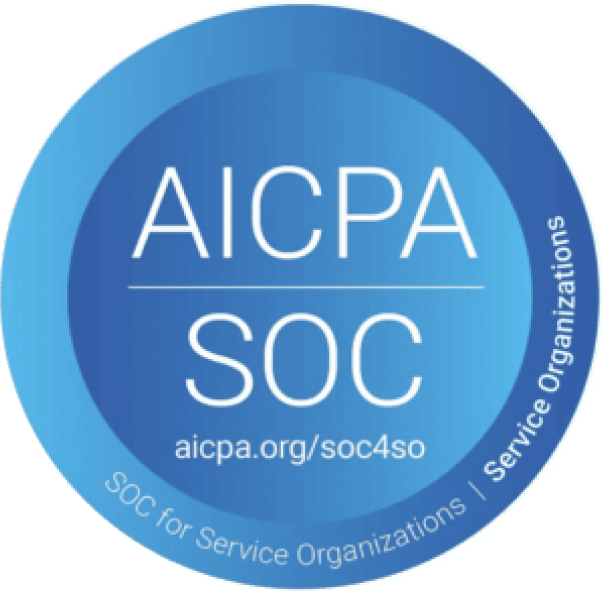Event organization is a crucial aspect of business growth. It facilitates engagement with ideal customers, cultivates new relationships, and paves the way for accelerated progress. Events are incredibly potent business tools, but organizing successful B2B events necessitates profound attention to planning, coordination, and execution. In this comprehensive guide, we’ll delve into the fundamentals of efficient organization for events, offering valuable insights and strategies for managing a plethora of different event types.
I. Understanding Different Types of Events:
Corporate Events
Incorporating corporate events into your arsenal can work wonders for brand promotion and stakeholder engagement. Examples of corporate events include conferences, seminars, and product launches, all requiring varying degrees of organization. Effective event organization ensures that optimal networking, knowledge sharing, and brand exposure opportunities are created.
Conferences often spanning multiple days, bring together industry leaders and experts to discuss trending topics, share insights, and build relationships. Seminars, being education-centric, target specific subjects with related workshops or training sessions. Product launches, meanwhile, focus on the unveiling of new products or services, drawing media attention, and generating excitement.
Trade Shows and Exhibitions
Trade shows and exhibitions represent another dimension of event organization. They provide platforms for businesses to display their products or services, connect with prospective customers, and explore potential partnerships. Successful event management here involves planning carefully to enhance lead generation opportunities.
During trade shows, businesses conduct live demonstrations or presentations to an audience that is already interested in their sector. A significant aspect of event organization here lies in setting up attractive booths and creating meaningful engagement strategies. Exhibitions, similar to trade shows, may have a specific industry focus or theme, requiring a slightly different approach to event organization.
Networking Events
The beauty of networking events, including B2B events, lies in their ability to foster professional relationships and broaden business networks. Effective event organization plays a vital role in creating meaningful interactions.
Networking events can range from casual to structured – from after-work socials to speed networking sessions (also known as B2B events). This type of organization provides attendees with opportunities to meet potential clients, partners, or mentors. Hence, to glean maximum benefit from these events, emphasis should be laid on event organization that provides a conducive environment, effective icebreakers, and encourages valuable connections.
Social Events
Finally, we come to social events like fundraisers, galas, and parties. Their objective is to offer memorable experiences and establish emotional connections with the attendees. The role of event organization in the success of social events can’t be overstated – guest experience, entertainment, and ambiance depend on it.
Whether it’s a fundraiser meant to support a cause or a gala celebrating achievements and milestones, an event organization that robustly plans the theme, venue, catering, and entertainment ensures the creation of remarkable experiences for attendees. Fundraisers often feature auctions or charity games, while galas prioritize the festive environment – either way, comprehensive organization is key to their success.
By understanding these different types of events and their organization requirements, you can choose the best approach for your next event.
II. Key Principles for Effective Event Organization
Define Clear Objectives
Clearly articulate the purpose and goals of your event, which will guide all subsequent planning and decision-making processes.
To organize an effective event, it’s essential to define the main objectives. Are you aiming to generate leads, build brand awareness, foster community engagement, or educate your audience? The objectives should align with your overall business goals, enabling you to measure the event’s success.
Develop a Detailed Event Organization Plan
Create a comprehensive roadmap outlining the event timeline, budget, logistics, marketing strategies, and participant management.
A well-crafted event plan provides a structured approach to organizing your event. It should include key milestones, tasks, responsibilities, and deadlines to ensure everything runs smoothly. Allocate resources and establish a budget that covers all necessary aspects, such as venue rental, catering, technology, and marketing efforts.
Build Engaging Content
The cornerstone of a successful event organization is to craft compelling and relevant content that not only engages attendees but provides them with substantive value. The use of guest speakers, panel discussions, interactive sessions, and workshops further enriches their event experience.
In your event strategy, develop an event program that resonates with your target audience. Identify thought leaders or industry experts who can offer engaging presentations or workshops, enhancing the organization of your event. Consider incorporating panel discussions or fireside chats to encourage interaction and diverse perspectives. When your event organization prioritizes engaging content, it ensures attendees walk away with novel knowledge, feelings of inspiration, or actionable takeaways.
Implement Robust Marketing Strategies
An integral part of efficient event organization rests on the development of a strategic marketing plan. The use of various channels such as social media, email marketing, and content marketing can make it easier to reach your target audience and generate excitement around the event.
Consider emphasizing the value proposition of attending your event through compelling marketing campaigns. Create a dedicated event landing page or website that projects the necessary details – agenda, speakers, and registration information about the event; this initiative boosts your event organization.
The incorporation of social media platforms to generate event-specific hashtags and engage with your audience promotes your event across relevant communities or industry groups effectively, fortifying your event organization strategy.
Leverage Technology
Embrace event management platforms that streamline registration, ticketing, attendee engagement, and data analytics. This enables seamless event organization and provides valuable insights for future improvements.
Event management platforms, such as Lodago Events, revolutionize the event organization process. Lodago Events offers a range of features to enhance the attendee experience and simplify the event management workflow. Some key features include:
- Intuitive Event Creation: Lodago allows you to effortlessly create and customize event websites with calendars, registration forms, and ticketing portals, ensuring a seamless participant journey.
- Efficient Attendee Management: Track attendee data, preferences, and feedback in real time, enabling targeted communication and personalized experiences.
- Powerful Analytics: Gain valuable insights through data analytics, helping you measure event success, identify areas for improvement, and make informed decisions for future events.
- Engagement Tools: Lodago offers interactive features like live polls, Q&A sessions, and networking options, fostering attendee engagement and interaction.
- Streamlined Communication: Efficiently communicate with attendees through personalized email campaigns, event updates, and push notifications.
Integrating technology into event organization provides efficiency, automation, and the ability to track attendee behaviour and preferences, ultimately enhancing the overall event experience.
Effective event organization requires a strategic approach that encompasses clear objectives, detailed planning, engaging content, robust marketing, and leveraging technology. By understanding the diverse types of events and implementing the principles shared in this guide, businesses can ensure a successful outcome and memorable experiences for attendees. Don’t forget to explore the possibilities offered by Lodago Events, an innovative event management platform that can elevate your events to new heights. Start planning your next event with confidence and embrace the power of exceptional event management.








